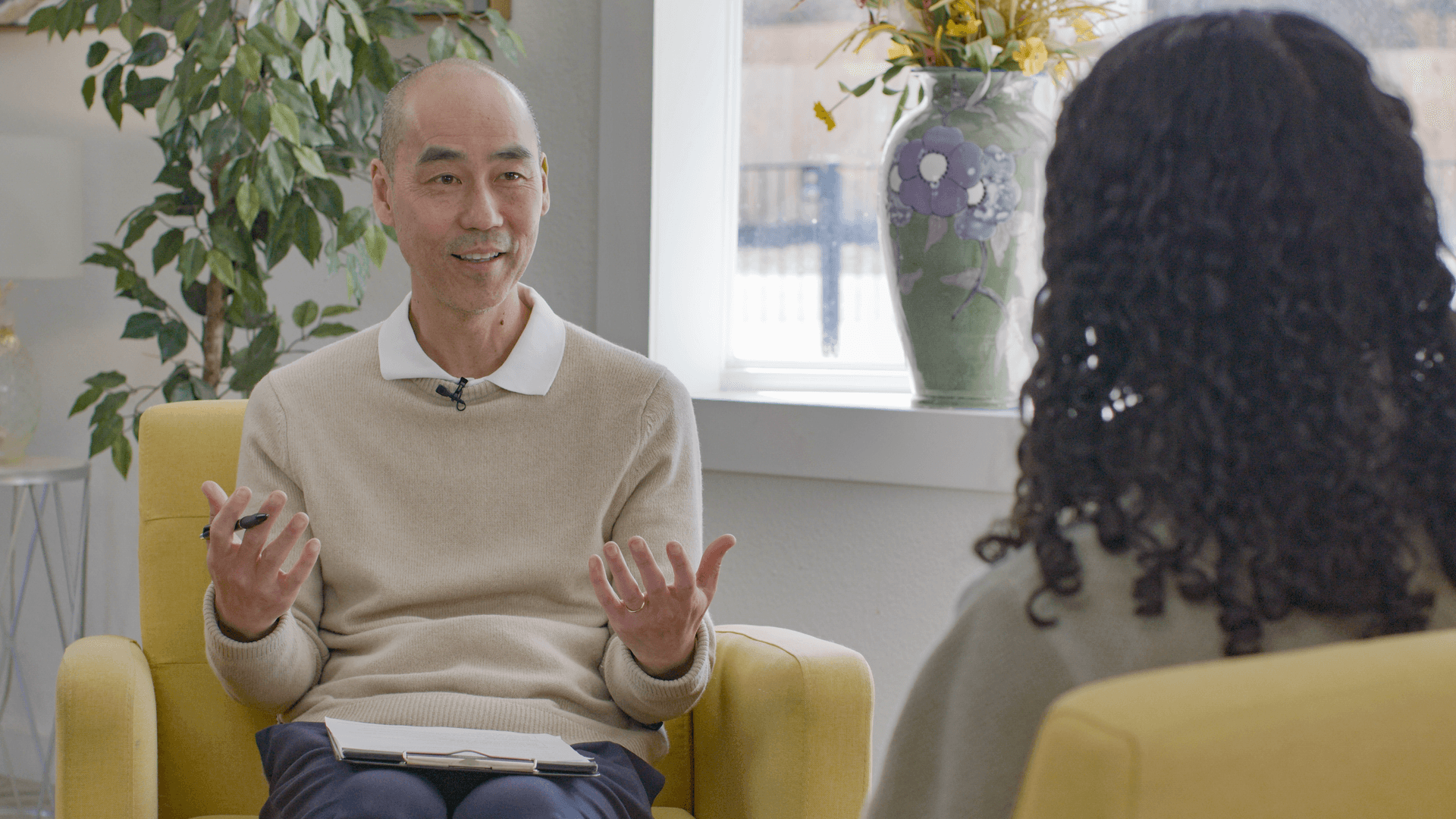Solution-Focused Brief Therapy
Help clients move forward - by focusing on what’s already working.
Help clients move forward - by focusing on what’s already working.

Solution-Focused Brief Therapy (SFBT) is a strengths-based, future-oriented therapy that supports meaningful change—often in settings where time is limited. Rather than positioning the therapist as the expert on the problem, SFBT centers the client as the expert on their life—making therapy more hopeful, efficient, and action-oriented.
This approach is especially useful when:
Clients feel stuck, overwhelmed, or demoralized
Time is limited, as in schools, healthcare, or brief intervention settings
Clients are mandated, disengaged, or not well-suited to traditional therapy
You need a flexible model that works across cultures, systems, and modalities
SFBT is widely used and effective across diverse settings, including schools, community mental health, behavioral health, private practice, and government services such as child protection and welfare settings.
In this self-paced course, you’ll gain the structure, techniques, and practical guidance to use SFBT confidently with individuals, families, adolescents, couples, and mandated clients.
Register your interest to receive an exclusive discount when this course launches
You’ll be learning from Dr. Johnny Kim and Dr. Cynthia Franklin—the two most widely published authors in the field of SFBT and internationally recognized for their contributions to both research and practice.
Johnny Kim, PhD, LCSW is a professor at the University of Denver and a leading educator in SFBT. He has worked extensively with youth, schools, and families and is a key contributor to the latest SFBT treatment manual.
Cynthia Franklin, PhD, LCSW is a professor at The University of Texas at Austin and author of hundreds of studies on SFBT. Her work has shaped the application of SFBT in integrated care, education, and mental health systems, and she has contributed to recent advances in applying SFBT with neurodiverse clients, including autistic adults.
Together, they bring deep expertise, real-world experience, and a strong commitment to evidence-based practice—offering you clear guidance grounded in decades of clinical application and research.

This course shows you how to use a focused, collaborative approach that shifts the emphasis from analyzing problems to building solutions—helping clients explore what’s already working, set clear goals, and move toward a preferred future.
You’ll gain a clear, practical framework for applying SFBT in real clinical work. You’ll learn how to:
Structure an SFBT session from beginning to end, using core techniques like the miracle question, scaling, exception-finding, and compliments
Work effectively with individuals, families, couples, adolescents, and mandated clients
Apply SFBT with cultural sensitivity and adapt techniques across diverse client presentations
Use language and client strengths to build momentum and co-construct achievable goals
Stay within the SFBT framework while responding flexibly to complex situations
You’ll also explore the theoretical foundations of the model, including:
Social constructionism
Broaden-and-build theory of positive emotions
Hope theory and goal-directed change
Each concept is brought to life through clinical demonstrations, client case examples, and expert commentary.

This is a fully self-directed course designed to fit your schedule and support hands-on learning. You’ll get:
Step-by-step video lessons with clear teaching points
Filmed roleplays with diverse client examples
Clinical commentary that connects theory to practice
Downloadable tools and resources for use in sessions
This course is ideal for therapists, psychologists, social workers, counselors, case managers, and coaches who want to bring more focus, direction, and momentum to their sessions -using a collaborative, goal-oriented approach.
